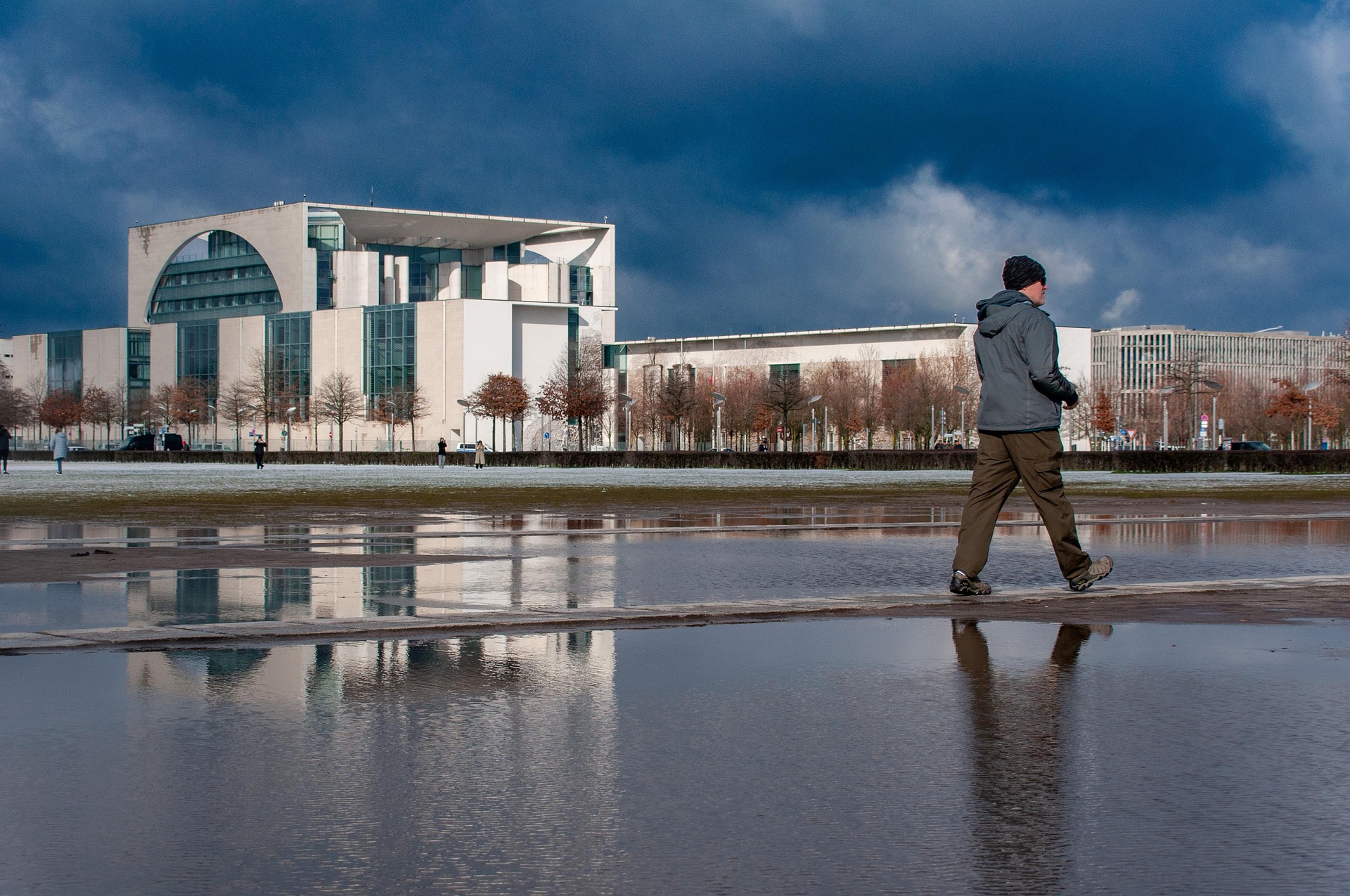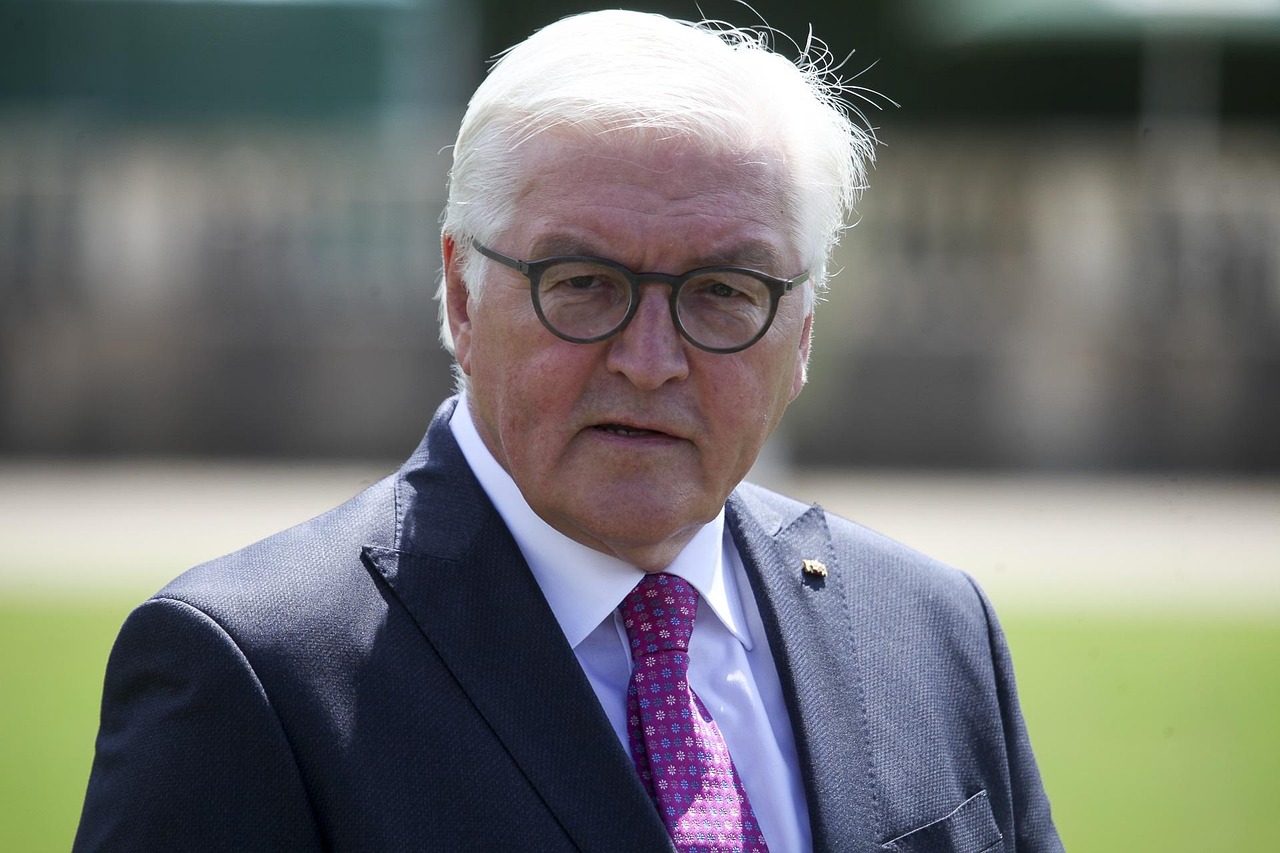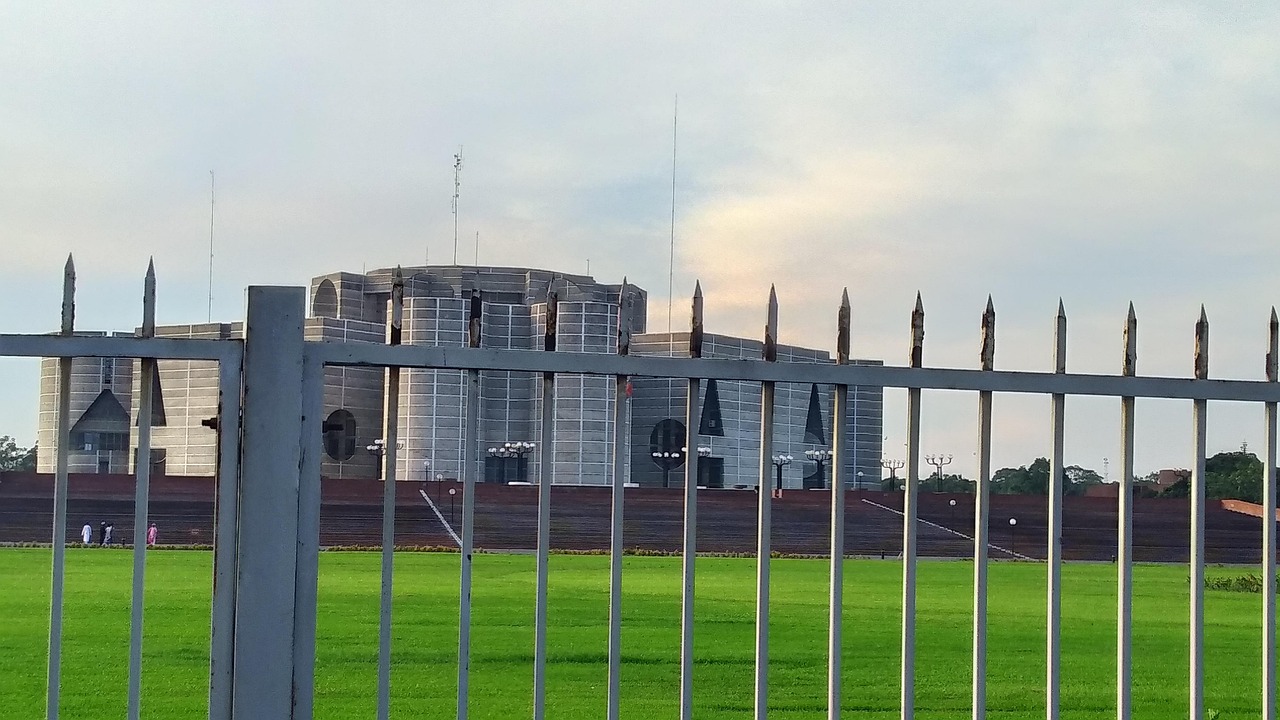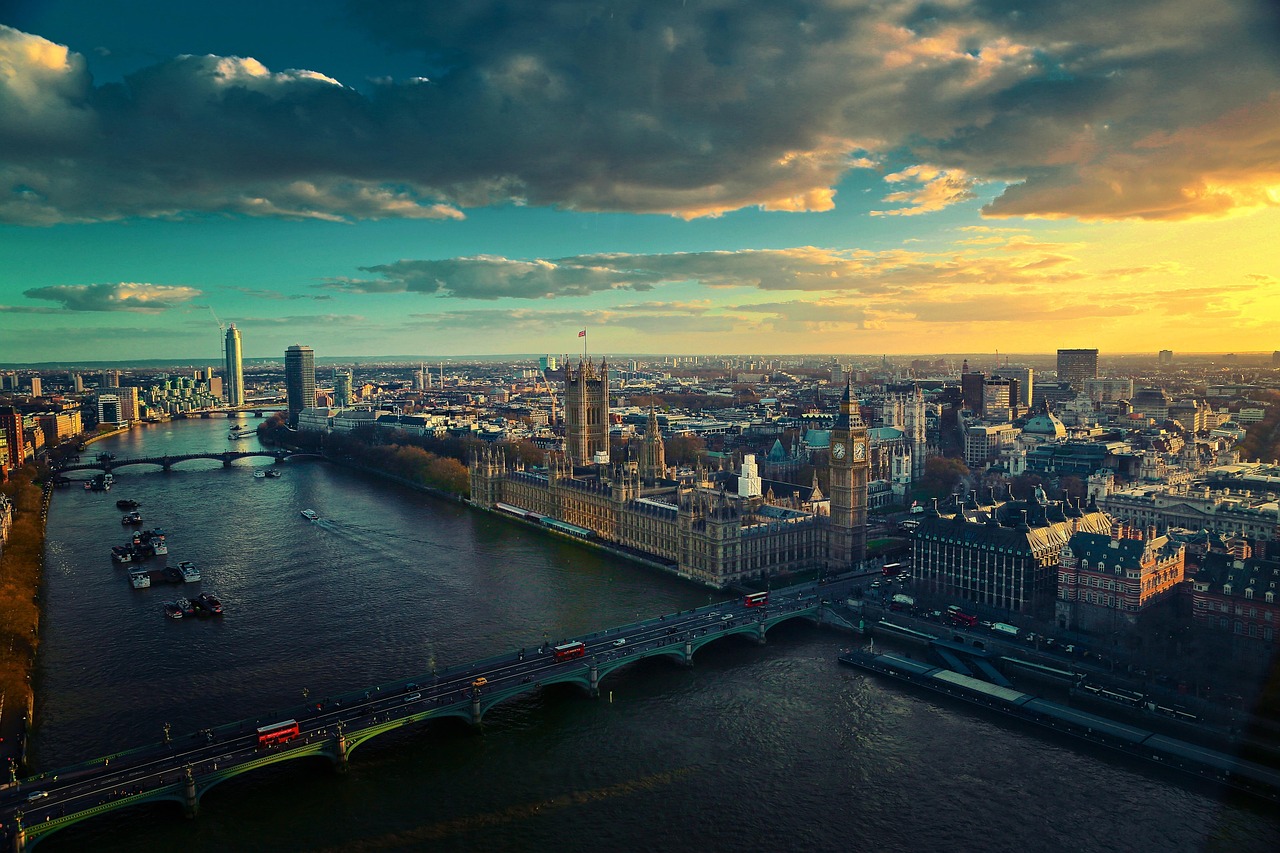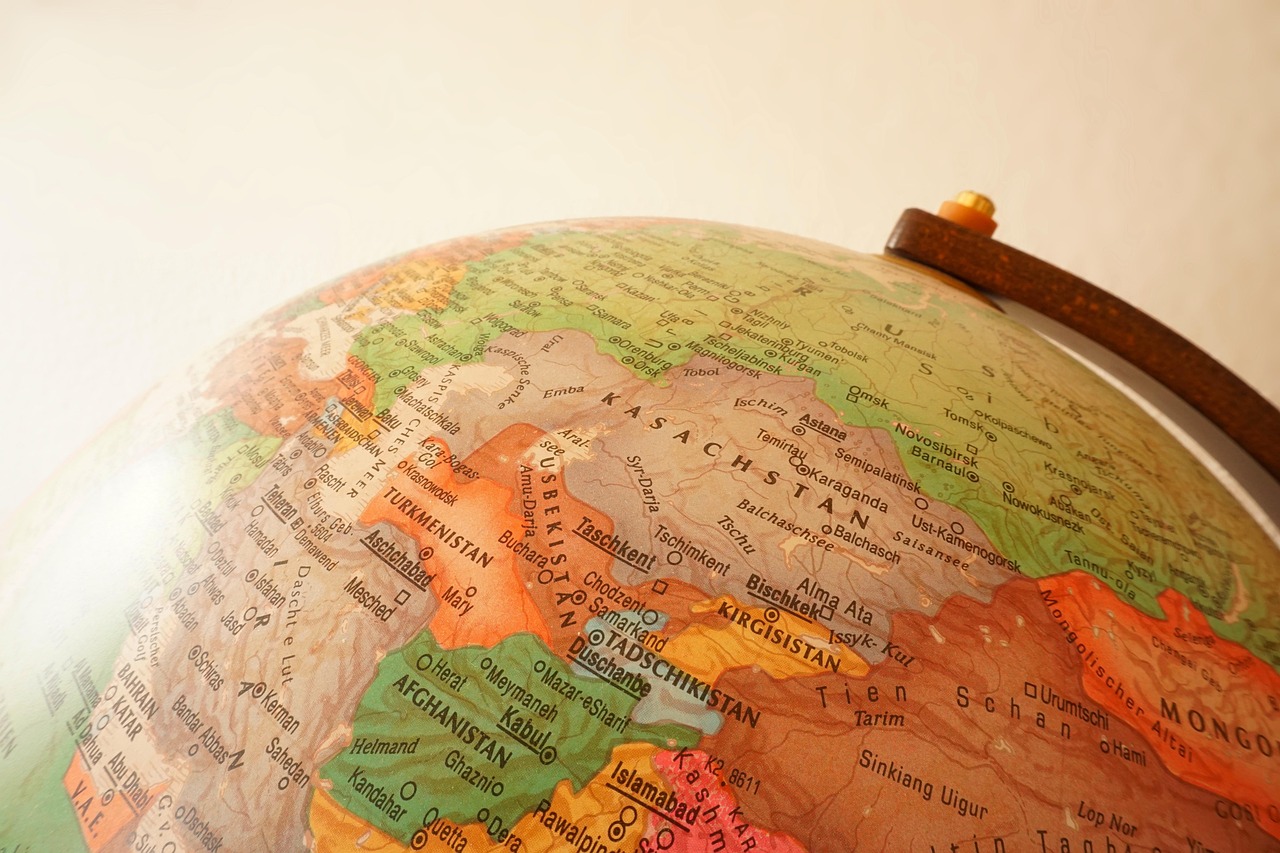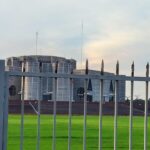In 2025, the global political landscape is experiencing a series of pivotal changes that are reshaping international relations, governance models, and public trust in political systems. These changes are driven by economic shifts, technological advancements, climate challenges, and rising nationalism. Understanding these evolving dynamics is essential for citizens, leaders, and policy analysts alike.
1. Intensifying Geopolitical Tensions
The rivalry between the United States and China remains a defining feature of global politics. As both nations vie for technological dominance and economic influence, smaller countries often find themselves caught in the middle of this power struggle. Sanctions, trade wars, and cyber conflicts have become common tools of statecraft.
“The new Cold War is no longer about nuclear arms; it’s about data, chips, and algorithms.” — Political Analyst, Dr. Elena Wu
2. The Rise of Regional Powers
Countries like India, Brazil, and Indonesia are playing increasingly important roles in global decision-making forums such as the G20 and BRICS. Their growing economies and diplomatic assertiveness are helping shift the balance of power away from the traditional Western-centric order.
3. Populism and Political Polarization
Europe and the Americas are witnessing a surge in populist movements. These movements challenge established elites and institutions, often capitalizing on public frustration over inequality, immigration, and cultural change. In some cases, populist leaders have eroded democratic norms and curtailed press freedom.
4. Technology’s Double-Edged Sword
Social media platforms have democratized access to political discourse, enabling activism and awareness. However, they have also become breeding grounds for misinformation, polarization, and foreign interference. Governments are struggling to regulate digital spaces while preserving freedom of expression.
“In a hyperconnected world, a tweet can start a movement — or a riot.” — Tech and Society Expert, Laila Hassan
5. Climate Change as a Political Catalyst
Climate change is no longer just an environmental issue; it is now a central topic in global politics. Rising sea levels, extreme weather, and climate migration are influencing domestic and foreign policies. Nations are debating energy transitions, carbon taxes, and global climate agreements like never before.
6. Democracy Under Pressure
From Hungary to Myanmar, democratic institutions are facing unprecedented threats. Electoral manipulation, suppression of dissent, and concentration of power in executive branches have raised alarms globally. Watchdog organizations have reported declining freedom in many nations for the third year in a row.
7. Migration, Borders, and National Identity
Human migration, whether due to conflict, climate change, or economic need, remains a contentious political issue. Debates over border control, refugee rights, and cultural integration have intensified, particularly in Europe and North America.
8. The Future of Global Cooperation
In an era of “my nation first” policies, international cooperation faces major hurdles. Institutions like the United Nations and the World Health Organization are struggling to remain relevant and effective. However, recent global health and environmental crises highlight the need for renewed multilateralism.
“If we don’t cooperate globally, we risk failing locally — on everything from pandemics to pollution.” — UN Policy Advisor, Jean-Claude Renard
Conclusion
The political world in 2025 is complex, dynamic, and fraught with both danger and opportunity. As countries grapple with internal and external pressures, the choices made today will shape the world for decades to come. Citizens and leaders alike must remain informed, engaged, and committed to democratic principles and international cooperation.
Whether through civic action, informed voting, or critical analysis, every individual has a role to play in shaping a better political future. The global stage is being rewritten — and we are all part of the script.

